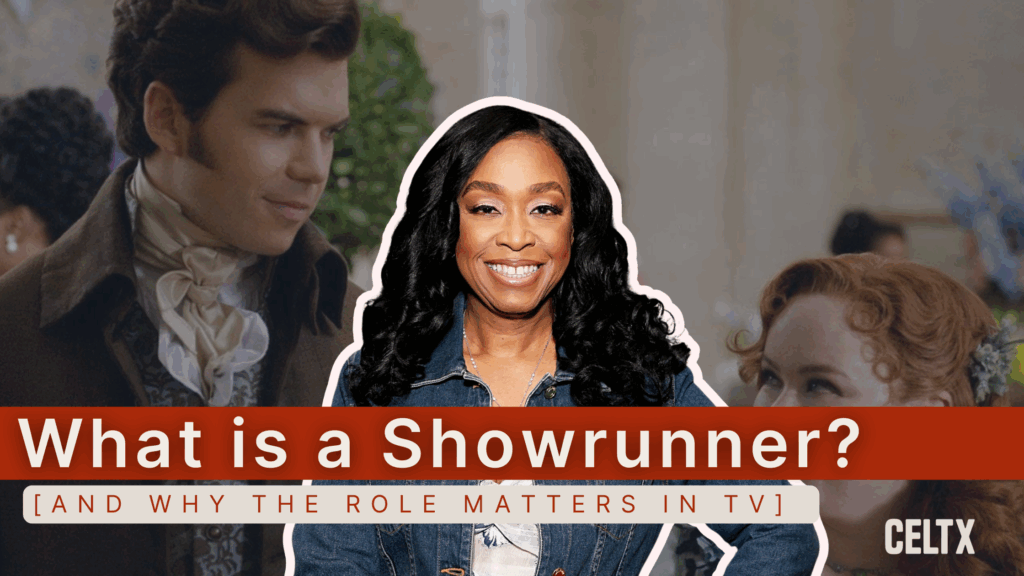
If you’ve ever binge-watched a series and thought, “Wow, this show feels so cohesive; every episode hits just right,” then you probably have a showrunner to thank!
While the term showrunner might sound like someone sprinting through a studio lot with a clipboard, the reality is far more nuanced, and crucial to storytelling.
And of course, we’ll be diving into the role of a showrunner in today’s blog. We’ll focus on what they do, why they matter, and how they shape the television we love. Whether you’re a screenwriter, producer, or just a curious viewer, understanding the role of the showrunner offers insight into the creativity and logistics of television storytelling.
Ready? Then let’s go!

Table of Contents
- Definition: What is a Showrunner?
- Responsibilities: Creative Meets Managerial
- Showrunner vs. Writer vs. Producer: What’s the Difference?
- Skills Needed to be a Successful Showrunner
- Showrunners in the Streaming Era
- Real-Word Examples: Showrunners who Shaped Television
- Write with Celtx: Pre-Production Tools
- FAQs
- Conclusion
Definition: What is a Showrunner?
Let’s start with the basics…
A showrunner is the person responsible for the day-to-day operation of a television series. They’re the ultimate creative authority and managerial lead, often combining the roles of head writer, executive producer, and team captain.
In short: the showrunner is the one who runs the show, literally and figuratively!
They’re not just overseeing scripts or approving casting decisions. They’re shaping the tone, guiding the story arcs, managing budgets, liaising with networks or streamers, and making sure the entire production stays on track.
If a TV series were a ship, the showrunner would be both the captain and the navigator.
Responsibilities: Creative Meets Managerial
Being a showrunner is a real balancing act! They need to consider both art and logistics within the production process.
Let’s take a look at their core responsibilities:
Creative Oversight
Story Development
The showrunner guides the writers’ room, shapes season arcs, and ensure character development stays consistent throughout the series.
Tone and Style
From visual aesthetics to dialogue rhythm, the showrunner ensures the show’s voice remains unified.
Casting and Directing
While not always hands-on, they often have the final say on casting choices and may direct key episodes.

Managerial Duties
Budget Management
Showrunners work with line producers to keep spending in check without compromising the vision.
Scheduling
Coordinating shoot days, post-production timelines, and release windows.
Team Leadership
Managing writers, producers, directors, and crew, keeping everyone aligned and motivated.
It’s a role that demands both creative instinct and operational savvy. Think of it as being the CEO of a TV show, but with a screenwriter’s soul.
Showrunner vs. Writer vs. Producer: What’s the Difference?
Okay, so this is where things can get a little fuzzy, especially since many showrunners begin their careers as writers or producers.
Let’s clarify:
Writer
Focuses on crafting scripts, developing characters, and contributing to storylines. They’re part of the writers’ room but don’t usually make final decisions.
Writing your first TV script? Then you’ll need to read our guide:
How to Write a TV Show Script (A True Beginner’s Guide)
Producer
A broader term. Some producers handle logistics (line producers), others focus on creative (co-executive producers), and some are more hands-off (executive producers in name only).

Showrunner
Often a writer-producer hybrid, the showrunner has both creative control and managerial authority. They’re the final decision-maker and the person networks turn to when things go sideways.
In many cases, the showrunner is credited as an executive producer, but not all executive producers are showrunners. It’s a title earned through trust, experience, and a proven ability to deliver.
No pressure then!
Showrunners juggle everything from story development to scheduling. Celtx production tools help keep every moving part on track.
Click here to try it today (it’s free)!
Of course, there are so many more jobs on and off the filmset to explore. Find out more here.
Skills Needed to Be a Successful Showrunner
So, what does it actually take to be a great showrunner? Spoiler: it’s not just about writing killer dialogue or having a vision board full of mood lighting.
Here are six essential skills:
1. Storytelling Mastery
You need to understand structure, pacing, character arcs, and emotional beats. A showrunner must be able to see the big picture while fine-tuning the details.
2. Leadership
Managing a writers’ room, guiding directors, and keeping a crew motivated requires empathy, clarity, and decisiveness.
3. Communication
From giving notes to negotiating with networks, communication is key. You’re the bridge between creative and corporate.
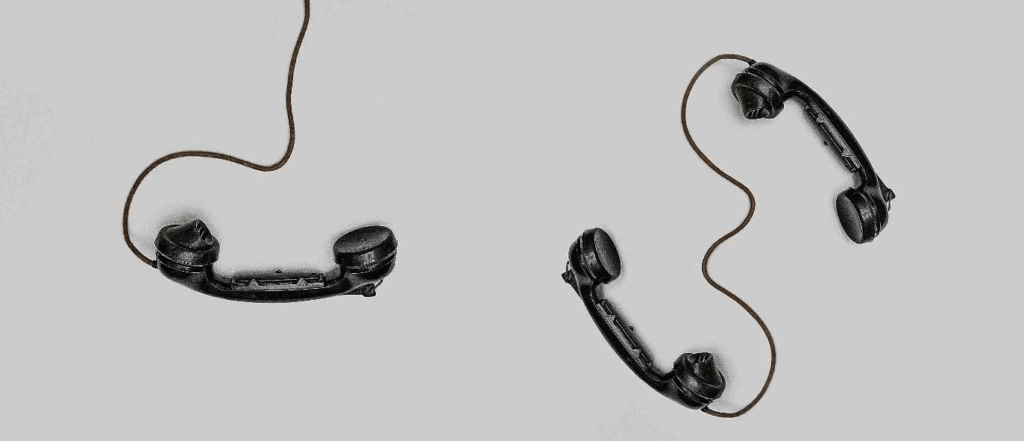
4. Problem-Solving
As hard as we try, production hiccups are bound to happen. A location falls through, an actor gets sick, a scene doesn’t land. Showrunners need to pivot fast and smart.
5. Time Management
Deadlines are non-negotiable. Showrunners juggle multiple timelines: writing, shooting, editing, and delivery, so you need to be on top of your game.
6. Budget Awareness
Even the most visionary idea needs to be financially feasible. Showrunners must know how to stretch a budget without breaking the story.
Showrunners in the Streaming Era
The rise of streaming platforms has reshaped the role of the showrunner in fascinating ways. As the landscape of how we watch television changes, it’s crucial that we stay in the know.
So, what has changed?
More Creative Freedom
Streamers often give showrunners more autonomy than traditional networks. Think of Phoebe Waller-Bridge with Fleabag or Mike Flanagan with The Haunting of Hill House. These creators had room to experiment, and boy, did it pay off?!
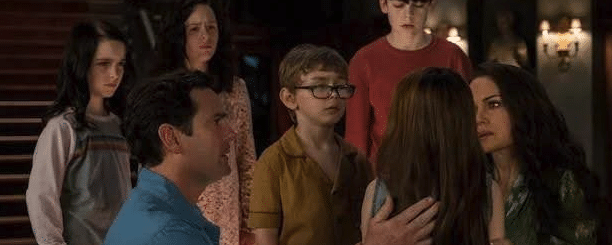
Shorter Seasons, Bigger Stakes
Streaming shows tend to have fewer episodes per season, which means every moment counts. Showrunners must deliver tight, impactful storytelling without filler.
Global Audiences
With international reach, showrunners now consider cultural nuances, translation, and universal themes. It’s storytelling but on a global scale.
Binge-Watching Culture
Yes, we’re all guilty of staying up until the early hours (or later), eyes glued to our favorite show! “Just one more episode” has been heard in every single household!
Which means pacing matters more than ever. Showrunners must craft arcs that keep viewers hooked across episodes and entire seasons.
Real-Word Examples: Showrunners who Shaped Television
To truly understand the impact of a showrunner, it helps to look at those who’ve defined the role through their work. These creatives didn’t just run shows; they changed the landscape of television!
Shonda Rhimes
Known for Grey’s Anatomy, Scandal, and Bridgerton, Shonda Rhimes is a powerhouse of serialized drama. Her shows are known for their emotional intensity, diverse casts, and addictive storytelling.
“I had done Grey’s, I had done Private Practice. What were they going to do, fire me? I wasn’t worried about what anybody else thought.” – Shonda Rhimes (New York Times Interview)

Vince Gilligan
Gilligan’s work on Breaking Bad and Better Call Saul redefined the anti-hero in television. His meticulous plotting and character development turned Walter White into one of the more iconic figures in TV history.
Gilligan’s approach to storytelling is deeply rooted in moral ambiguity and transformation.
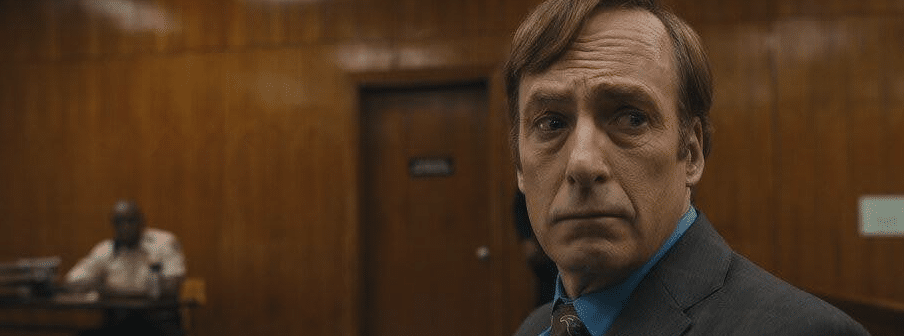
Phoebe Waller-Bridge
Creator of Fleabag and Killing Eve, Waller-Bridge brought a fresh, feminist voice to television. Her writing is sharp, emotionally raw, and often hilarious and she’s often praised for crafting flawed, complex female protagonists.
Her success with Fleabag earned her a BAFTA and an Emmy, and she’s become a symbol of creative freedom in the streaming era.
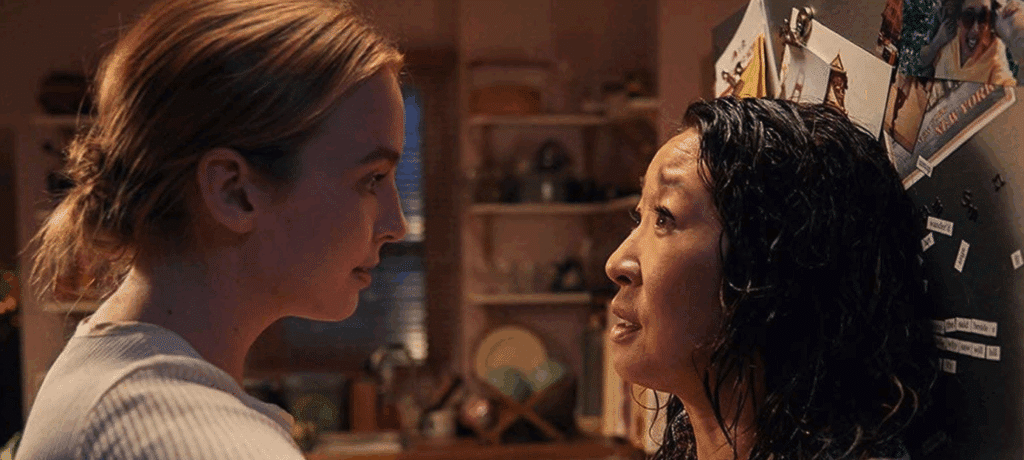
Ryan Murphy
Murphy’s portfolio includes Glee, American Horror Story, Pose, and Monster. He’s a genre-hopping showrunner who blends camp, melodrama, and social commentary. Murphy is also known for championing LGBTQ+ representation in mainstream media.
His ability to reinvent himself across projects shows the versatility required of a modern showrunner.
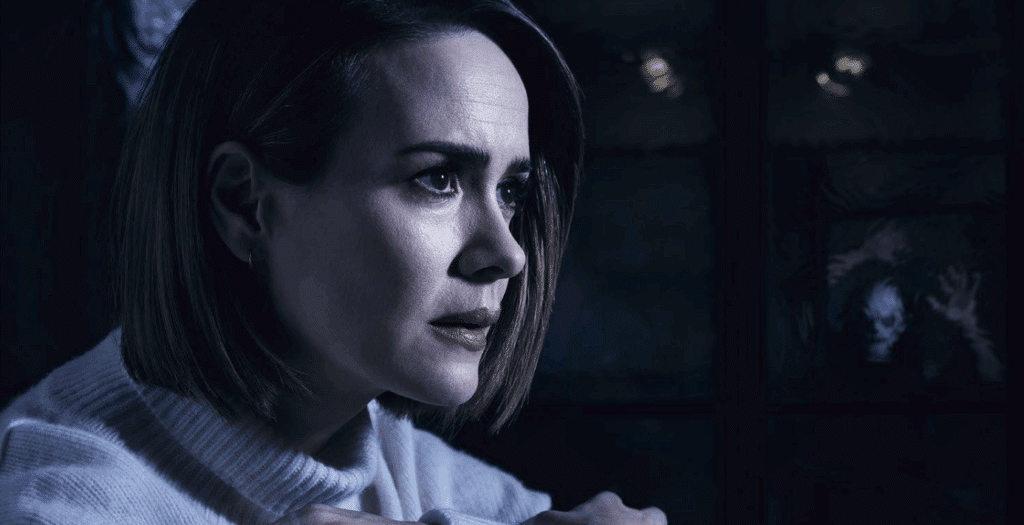
Amy Sherman-Palladino
With Gilmore Girls and The Marvelous Mrs. Maisel, Sherman-Palladino carved out a niche for fast-paced dialogue and strong female leads. Her shows are rich in pop culture references and emotional depth.
She’s known for her unique filming style and for creating worlds that feel both whimsical and grounded.
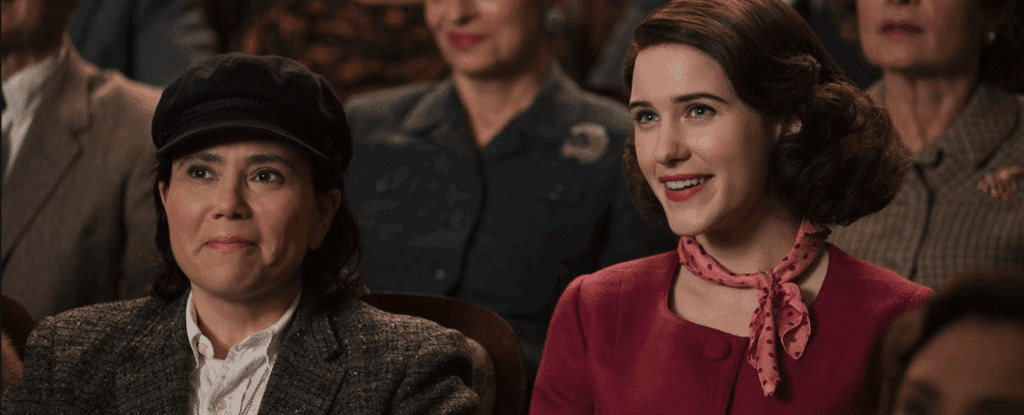
Mike Flanagan
Flanagan’s horror series for Netflix: The Haunting of Hill House, Midnight Mass, and The Fall of the House of Usher, are masterclasses in atmosphere and emotional storytelling.
He’s praised for blending supernatural elements with deep psychological themes, often exploring grief, trauma, and faith. His consistency across projects shows how a showrunner can maintain quality while exploring different narratives.

Want to hear more success showrunner stories? Then you’ll want to know how prolific showrunner Mark Goffman careered to success with The West Wing in this Script magazine interview.
Write with Celtx: Pre-Production Tools
Okay, so let’s talk tools. Being a showrunner means juggling a thousand moving parts, and pre-production software like Celtx can be a lifesaver.
Here’s how:
Scriptwriting Integration
Here at Celtx, we allow seamless collaboration in the writers’ room whether it’s in-person or virtual. As a showrunner, you can track revisions, leave notes, and ensure consistency across episodes.
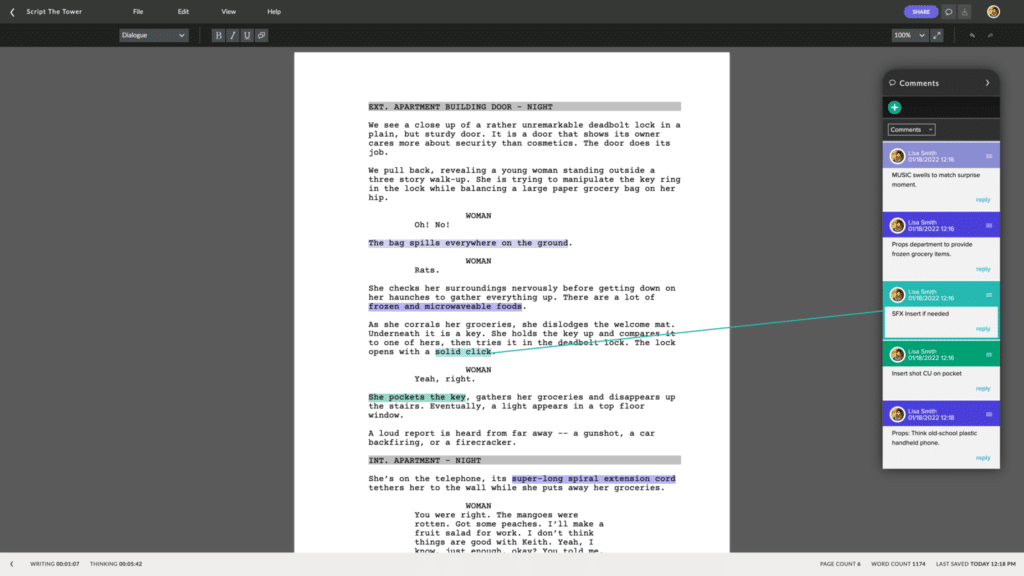
Scheduling and Budgeting
With built-in production calendars and budgeting tools, Celtx can help you stay on top of logistics without needing a separate spreadsheet jungle. Neat, huh?
Check out our articles for more:
- How to Create a Shooting Schedule: The Essential Guide
- Film Budgeting Tips for Every Production Scale
Storyboarding and Shot Lists
Visual planning tools help showrunners communicate their vision to directors and cinematographers, ensuring everyone is on the same page at all times.
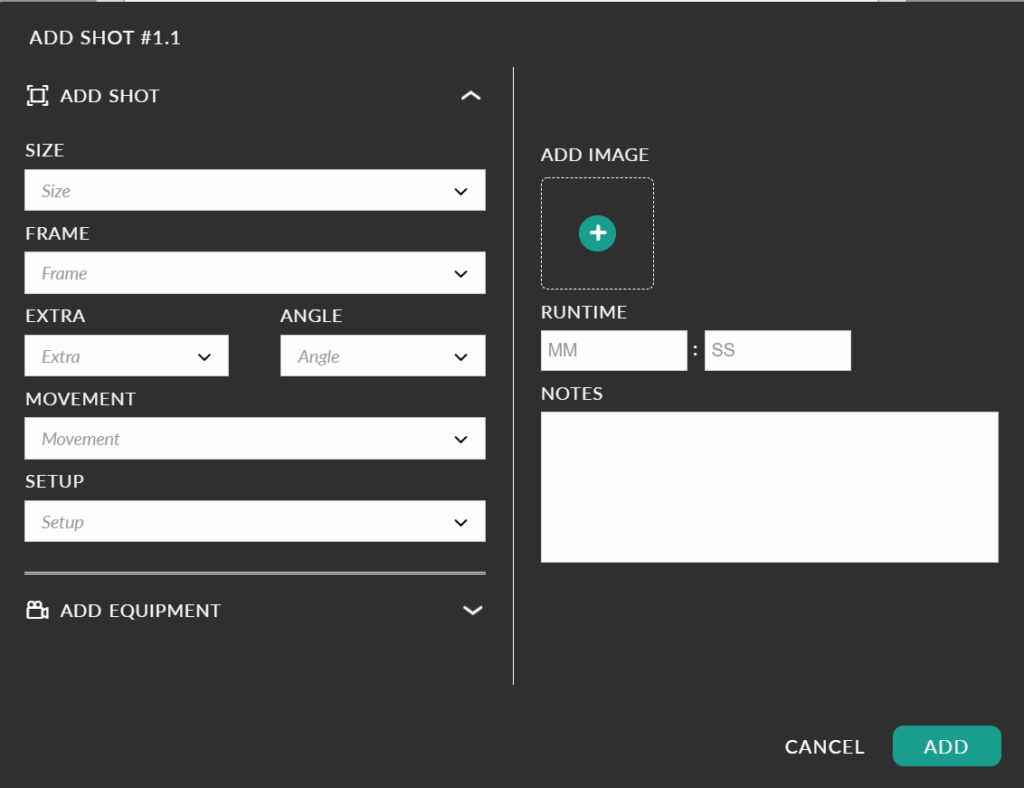
And of course, we have specific articles for both storyboarding and shot lists for you to get your teeth into:
- What is a Storyboard? The Basics of How to Get Started
- Celtx: Your Ultimate Tool for Creating an Efficient Shot List
- Storyboard vs. Shot List? Actually, You Need Both
Team Collaboration
Celtx supports real-time collaboration, which is essential if you’re managing remote teams or coordinating across departments.
When you’re done reading this blog, why not check out our article all about collaborative screenwriting here?

In short, Celtx empowers showrunners to stay organized, efficient, and creatively focused, especially in fast-paced environments, which, let’s face it, they all are!
FAQs
Most scripted series do, especially in the US and UK. Reality shows and some anthology series may operate differently.
Absolutely. Many showrunners are also the original creators. Think Shonda Rhimes (Grey’s Anatomy), Vince Gilligan (Breaking Bad) or Michaela Coel (I May Destroy You).
Usually by climbing the ranks. Most showrunners will start as a staff writer, then story editor, then producer. It’s a mix of experience, trust, and creative leadership.
The Writers’ Guild of America (WGA) gives us the load-down on showrunner training and what it takes to be a showrunner here.
Yes. They oversee editing, music choices, color grading, and final cuts. Their influence extends from first draft to final frame.
Directors handle individual episodes. The showrunner oversees the entire series, ensuring consistency and cohesion.
Conclusion
Television is a collaborative art form, but every great show needs a guiding force. The showrunner is that force: a blend of artist, manager, and visionary.
They’re the reason your favorite series feels so emotionally resonant, so narratively tight, so binge-worthy. They’re the ones who fight for character arcs, protect the tone, and make sure the story lands.
In an era where TV is more cinematic, more global, and more ambitious than ever, the role of the showrunner has never been more vital.
So next time you fall in love with a series, take a moment to look up the showrunner. Chances are, they’re the reason you’re still thinking about that final scene days later.
Up Next:
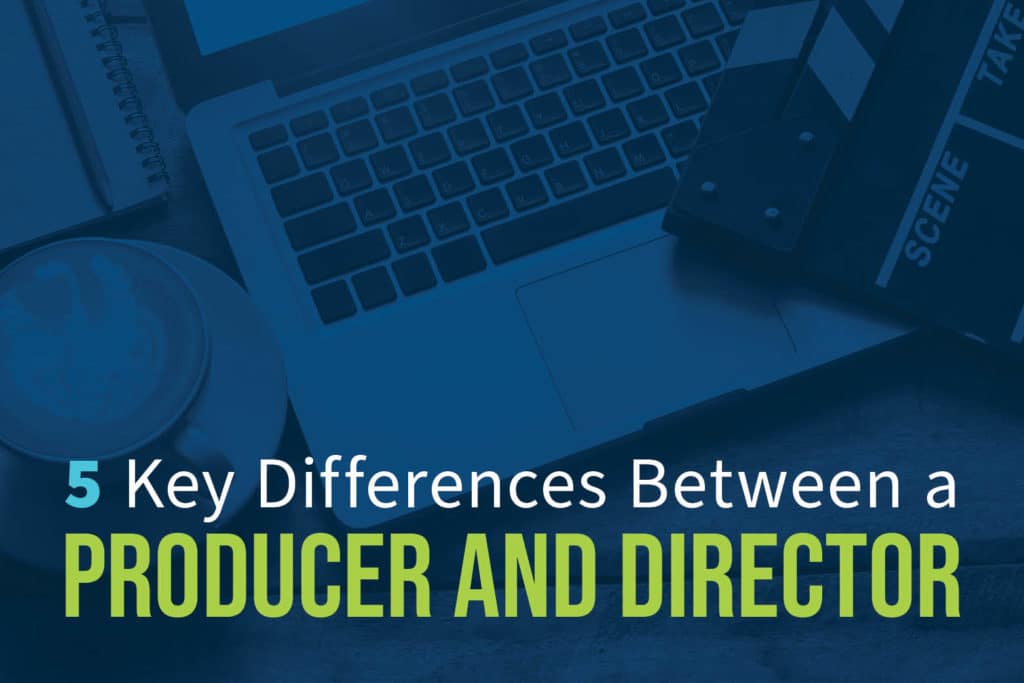
Producer vs. Director: Roles, Responsibilities & 5 Key Differences
Showrunners juggle both creative and logistical responsibilities. See how producers and directors split those roles behind the camera.
